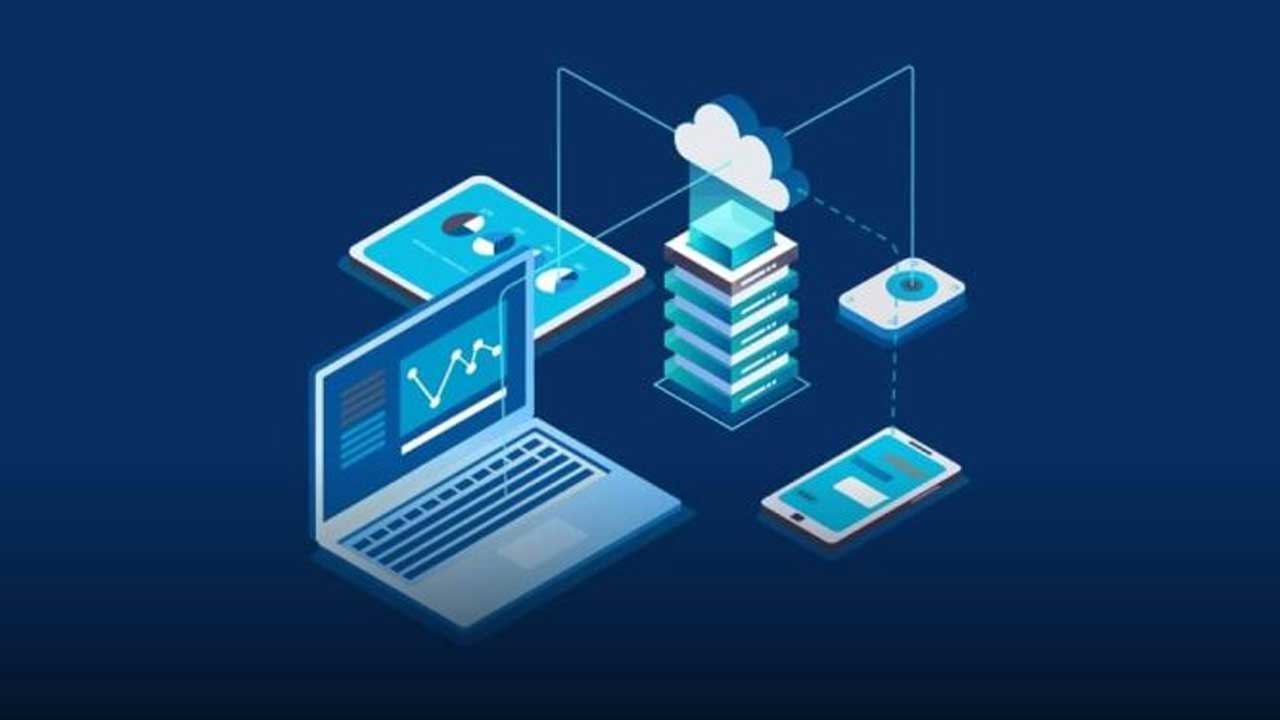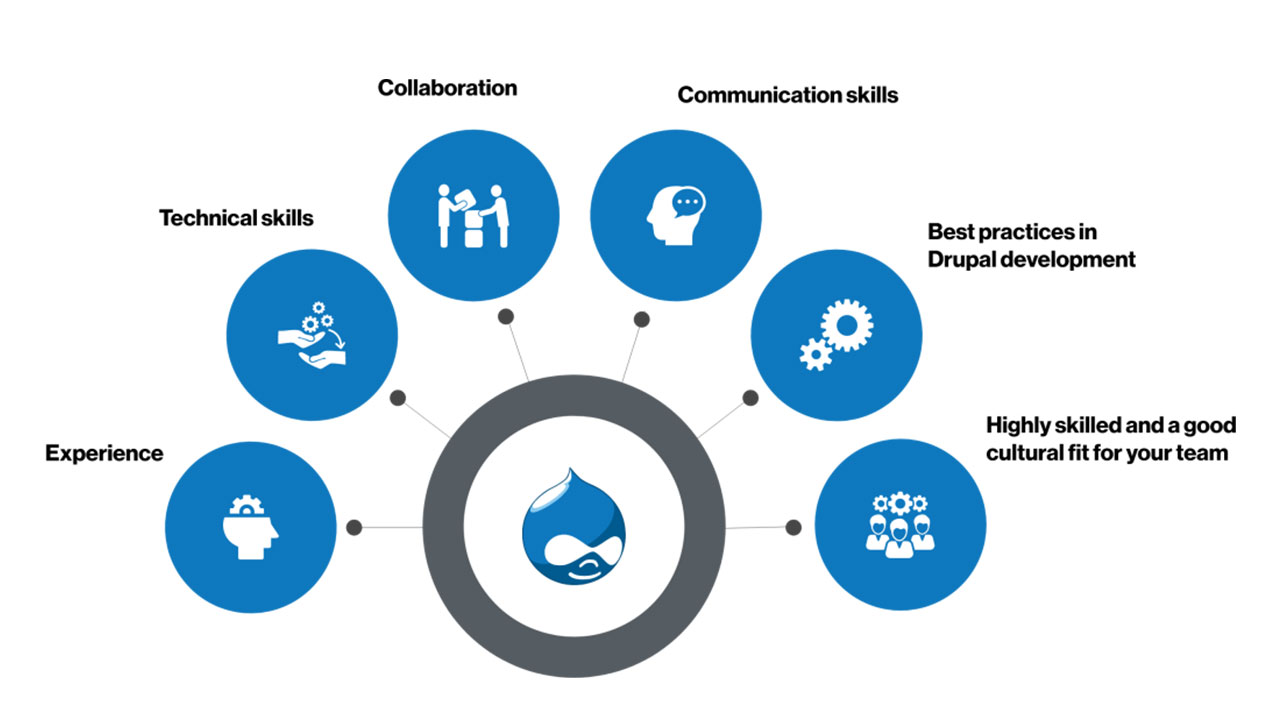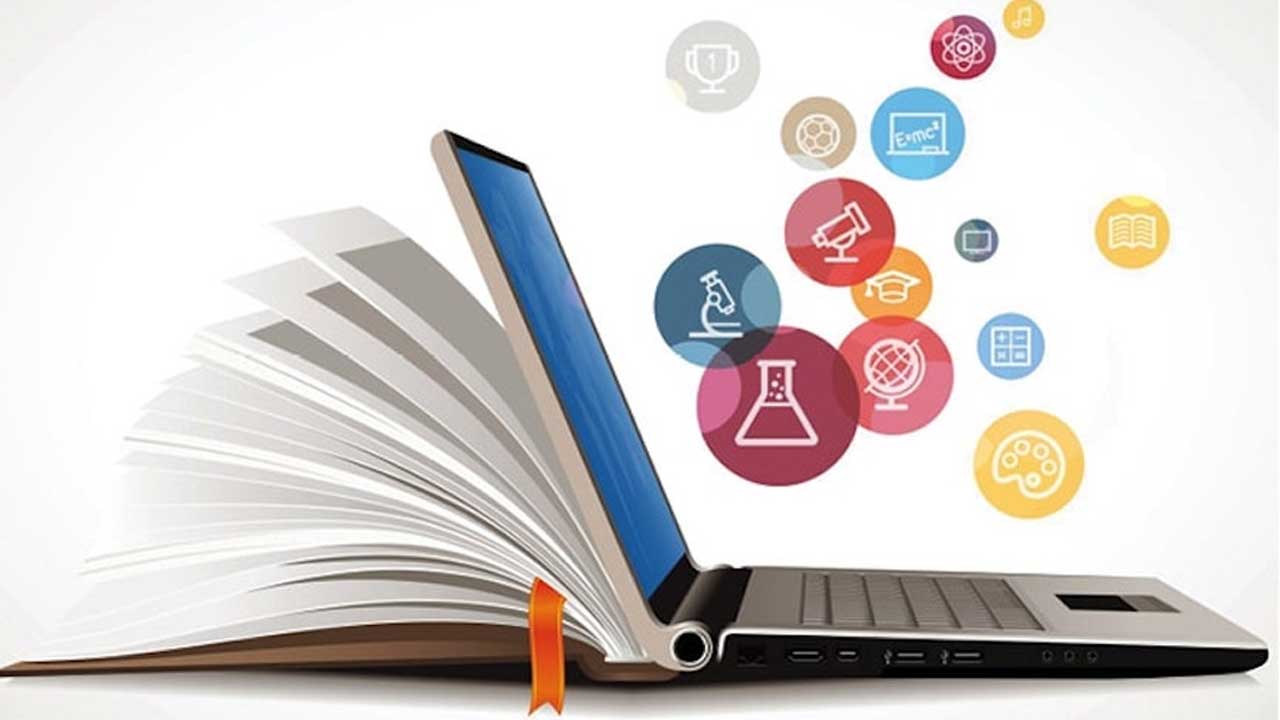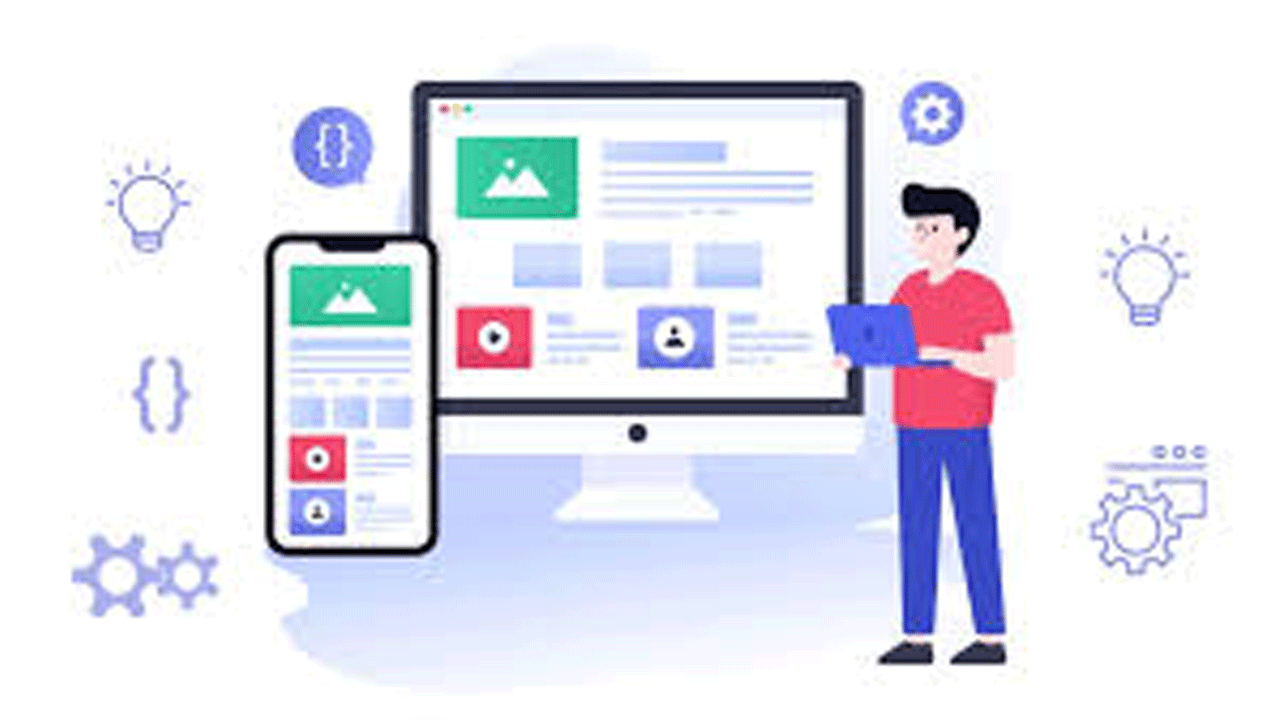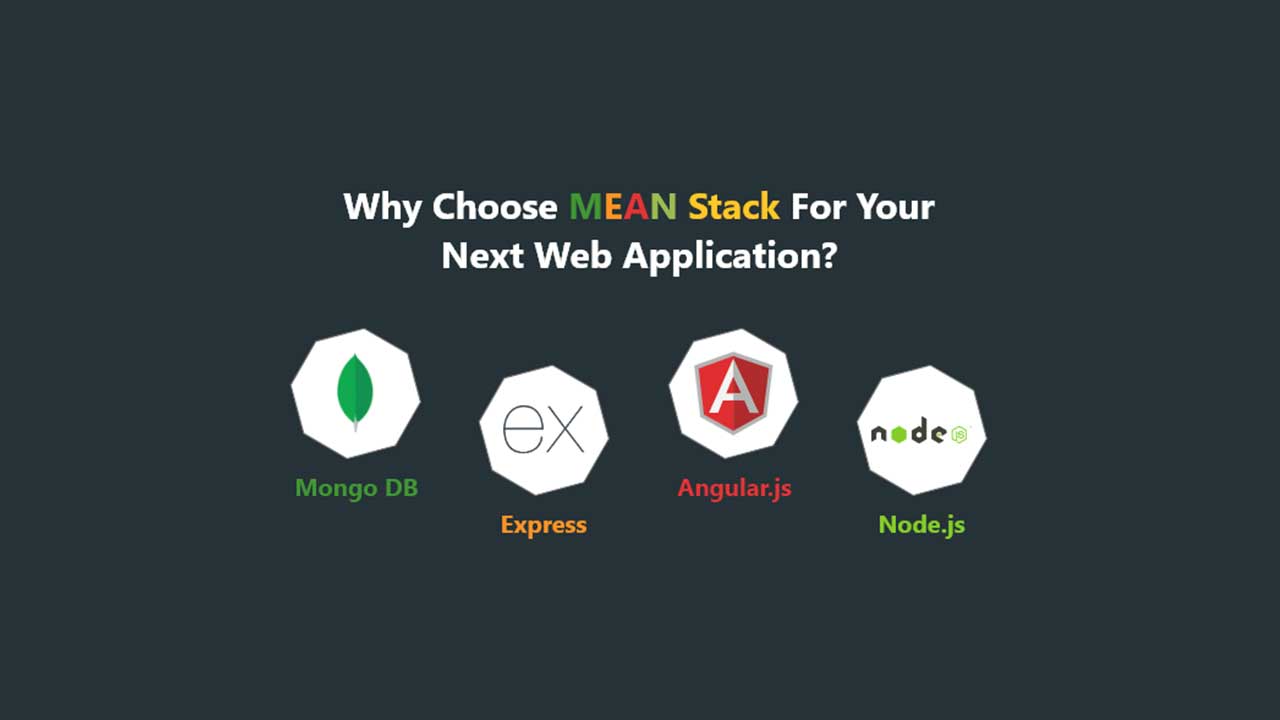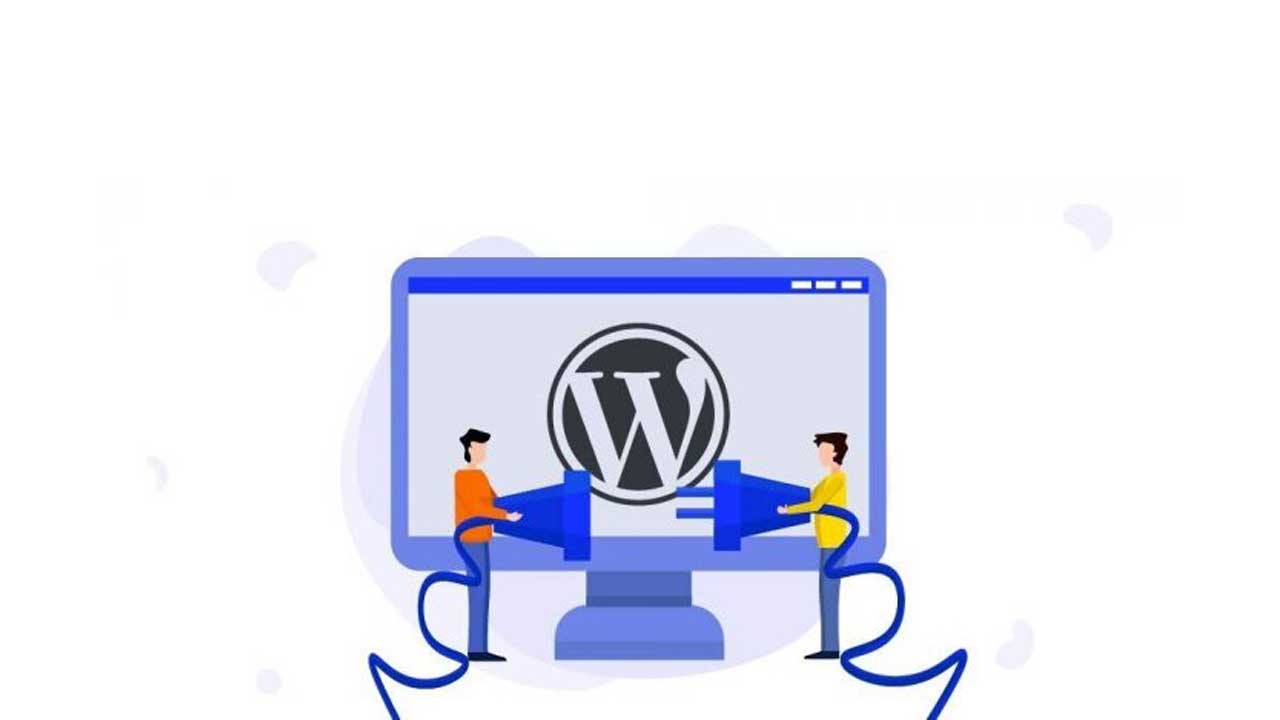Real-Time Monitoring and Reporting: Elevate Your Brand Reputation Analytics
In today’s fast-paced digital world, maintaining a positive brand reputation is more critical than ever. Companies need to stay ahead of the curve by leveraging real-time monitoring and reporting technologies. These tools provide valuable insights into brand reputation, enabling businesses to make informed, proactive decisions.
Introduction to Real-Time Monitoring and Reporting
Real-time monitoring and reporting involve the continuous observation and analysis of various data points to provide immediate insights and feedback. This technology is especially crucial for brand reputation management, where timely information can make a significant difference.
The Importance of Real-Time Brand Reputation Analytics
1. Understanding Sudden Viewpoint Shifts
In the age of social media, public opinion can change rapidly. Real-time monitoring tools allow businesses to detect sudden shifts in how their brand is perceived. By identifying these changes early, companies can respond appropriately, addressing any negative feedback or capitalizing on positive trends.
2. Identifying Developing Trends
Monitoring technologies not only alert you to immediate changes but also help identify longer-term trends. Understanding these trends is essential for strategic planning and staying relevant in a competitive market. Whether it’s a new customer preference or an emerging industry standard, real-time data ensures you’re always in the know.
Technologies for Real-Time Monitoring
1. Social Media Monitoring Tools
Platforms like Hootsuite, Brandwatch, and Sprout Social provide comprehensive real-time monitoring of social media channels. These tools aggregate data from various sources, offering a holistic view of public sentiment and engagement.
2. Web Analytics
Google Analytics and other web analytics tools offer real-time insights into website traffic, user behavior, and conversion rates. This information is crucial for understanding how online activities impact brand reputation.
3. Sentiment Analysis Software
Tools like Lexalytics and MonkeyLearn use natural language processing (NLP) to analyze text data from reviews, comments, and social media posts. This analysis helps businesses understand the sentiment behind customer feedback, allowing for more targeted responses.
Benefits of Real-Time Monitoring and Reporting
1. Dynamic Decision-Making
With access to real-time data, businesses can make dynamic decisions that reflect the current market conditions and consumer sentiment. This agility is crucial for maintaining a positive brand image.
2. Proactive Reputation Management
Real-time monitoring enables proactive measures to protect and enhance brand reputation. Instead of reacting to issues after they escalate, businesses can address potential problems before they become significant.
3. Enhanced Customer Engagement
By understanding customer sentiment and behavior in real-time, companies can tailor their engagement strategies to meet current needs and preferences. This responsiveness fosters stronger relationships with customers.
Conclusion
Real-time monitoring and reporting are indispensable tools for modern brand reputation management. By leveraging cutting-edge technologies, businesses can stay ahead of viewpoint shifts and developing trends, making dynamic and informed decisions to protect and enhance their brand’s reputation.
FAQs
Q1: What is real-time monitoring and reporting?
A1: Real-time monitoring and reporting involve the continuous observation and analysis of data to provide immediate insights and feedback, crucial for timely decision-making and proactive measures.
Q2: Why is real-time brand reputation analytics important?
A2: It helps businesses detect sudden changes in public opinion, identify long-term trends, and make informed, dynamic decisions to maintain a positive brand reputation.
Q3: What technologies are used for real-time monitoring?
A3: Technologies include social media monitoring tools (e.g., Hootsuite), web analytics (e.g., Google Analytics), and sentiment analysis software (e.g., Lexalytics).
Q4: How do real-time monitoring tools benefit businesses?
A4: They enable dynamic decision-making, proactive reputation management, and enhanced customer engagement by providing timely and relevant data insights.
Q5: Can real-time monitoring prevent reputation crises?
A5: Yes, by identifying potential issues early, businesses can address them proactively, preventing escalation and protecting their brand reputation.

